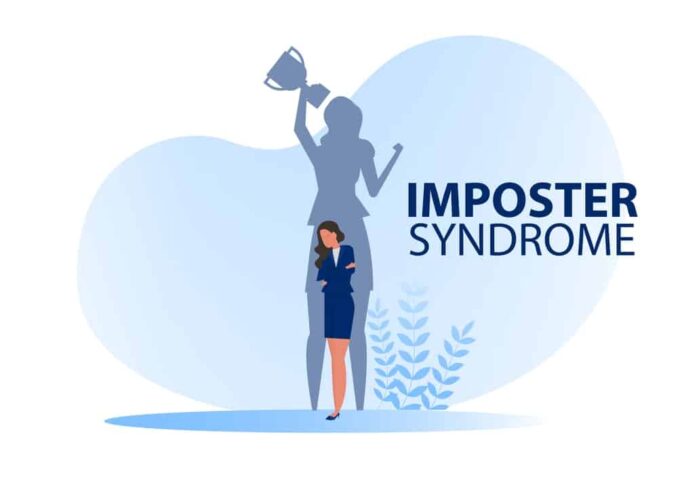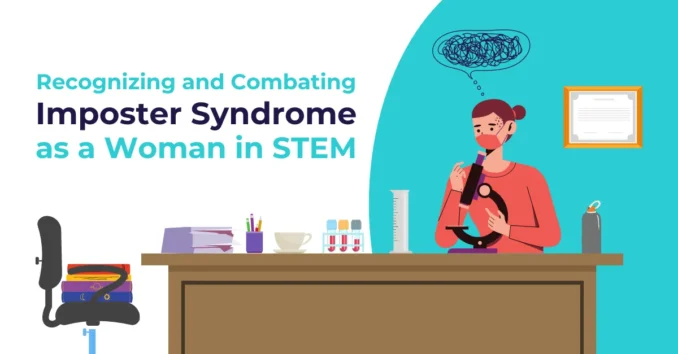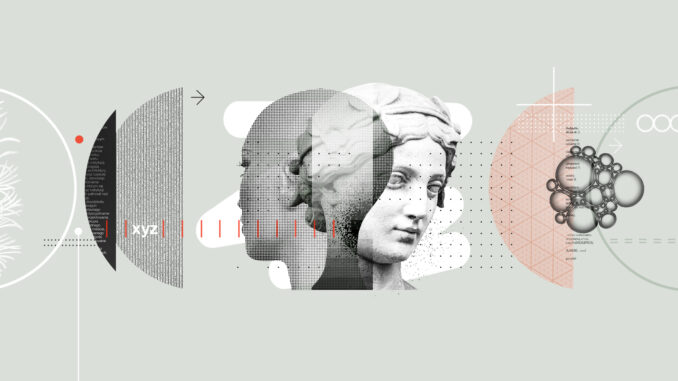In today’s fast-paced and competitive world, the phenomenon of Impostor Syndrome has become increasingly prevalent. Many individuals, regardless of their achievements and qualifications, experience feelings of self-doubt and fear that they are not as competent as others perceive them to be. Impostor Syndrome can manifest in various ways, impacting a person’s confidence, self-esteem, and overall well-being. However, when we explore the intersection of Impostor Syndrome and gender, we uncover a complex web of societal expectations, gender disparities, and cultural influences that can exacerbate these feelings of inadequacy.
Understanding Impostor Syndrome

Source: the-dentist.co.uk
Impostor Syndrome, first coined by psychologists Pauline Clance and Suzanne Imes in 1978, refers to the persistent belief that one is an intellectual fraud, despite evidence of accomplishments and competence. People experiencing this condition often doubt their abilities, fear being exposed as a fraud, and attribute their success to luck or external factors. This phenomenon encompasses a range of feelings, including self-doubt, fear of failure, and the constant need to prove oneself.
It can manifest in different ways, such as the “Perfectionist” type, who sets excessively high standards for themselves, or the “Superwoman/man,” who believes they must excel in all areas of life. Impostor Syndrome is not limited to specific demographics and can affect people from all walks of life. Its impact extends beyond the workplace, affecting personal relationships and mental well-being. Understanding its prevalence and consequences is crucial to devising effective strategies to combat and overcoming impostor syndrome.
Gender and Society
From an early age, individuals are socialized into specific gender roles and expectations. This includes the idea that men should be assertive and competitive, while women should be nurturing and accommodating. Despite significant progress, gender disparities persist in various fields, with men often dominating leadership roles and certain professions. These disparities can influence how individuals perceive their abilities and potential for success. Gender stereotypes and biases can have a profound impact on an individual’s self-perception. Women, for example, may face stereotypes that they are less competent or suited for leadership roles, contributing to feelings of inadequacy.
Gender Disparities
Analyzing how gender disparities may contribute to this condition. The influence of societal expectations and gender norms on feelings of inadequacy. Experiences of marginalized genders in male-dominated fields, where the lack of representation and support can intensify Impostor Syndrome’s effects. When women and other marginalized genders constantly face stereotypes and underrepresentation in male-dominated professions, it reinforces feelings of being an impostor and not belonging, hindering their confidence and professional growth.
Cultural and Historical Factors
Examination of cultural and historical contexts that perpetuate Impostor Syndrome and gender biases. How traditional gender roles affect self-perception and confidence, with deeply ingrained beliefs shaping individuals’ sense of worth. Exploring case studies or examples from different cultures and time periods, illustrating the universality of this condition and its gender-specific impact. In societies where rigid gender norms dictate specific roles and expectations, individuals may internalize the belief that they are less capable, perpetuating the cycle of Impostor Syndrome across generations and cultures.
Psychological and Cognitive Aspects

Source: kazmobrain.com
Psychological theories and research on Impostor Syndrome, revealing the intricate workings of the human mind in relation to feelings of inadequacy. Exploring gender differences in self-efficacy and self-esteem, highlighting the unique challenges that each gender faces. Unpacking cognitive biases that may contribute to gender-specific Impostor Syndrome experiences, such as stereotype threat and internalized sexism.
Navigating Impostor Syndrome for Different Genders
Coping mechanisms and strategies to overcome Impostor Syndrome, providing practical tools for individuals to combat these feelings. Addressing gender-specific challenges when dealing with this condition, acknowledging that societal pressures may vary depending on one’s gender identity. The role of mentorship and representation in combating Impostor Syndrome, demonstrating the importance of diverse role models who can inspire and uplift individuals from all genders.
Impostor Syndrome in Male-Dominated Professions
Discussion on the prevalence of Impostor Syndrome in male-dominated fields, where the pressure to conform to traditional masculinity ideals can intensify feelings of inadequacy. How gender norms and stereotypes impact men’s experiences, with expectations of stoicism and invulnerability hindering open discussions about Impostor Syndrome. The effects of Impostor Syndrome on career progression and well-being, uncovering the toll it takes on mental health and job satisfaction for men in such environments.
Impostor Syndrome in Female-Dominated Professions

Source: claritychi.com
Examining this condition in female-dominated fields, where the scarcity of representation at leadership levels can amplify feelings of self-doubt. Unique challenges faced by women in leadership positions, including the “Double-Bind” dilemma, where assertiveness can be perceived as aggressive while nurturance is seen as weak. Breaking free from gender expectations to embrace success, empowering women to challenge societal norms and embrace their accomplishments unapologetically.
Intersectionality and Impostor Syndrome
Understanding the intersection of gender with race, ethnicity, sexuality, and other identities is crucial in recognizing that the experiences of Impostor Syndrome are not monolithic. Intersectionality affects experiences of this condition, as individuals with multiple marginalized identities may face compounded challenges, navigating the complexities of discrimination and societal expectations.
Overcoming these challenges through an intersectional lens involves fostering inclusivity and allyship among diverse communities, promoting solidarity, and building a collective support system that uplifts and empowers everyone. This intersectional approach acknowledges the diverse realities of individuals and paves the way for a more equitable and understanding society.
Overcoming Impostor Syndrome on a Systemic Level
Policy changes and organizational initiatives to address Impostor Syndrome, emphasizing the importance of proactive measures. Promoting diversity, equity, and inclusion to foster a supportive environment, creating spaces where individuals of all genders feel valued and accepted. Incorporating mental health support in workplaces and educational institutions, destigmatizing seeking help and encouraging open conversations about Impostor Syndrome.
Empowering Individuals and Creating Change

Source: hbr.org
The role of self-empowerment in combating Impostor Syndrome, empowering individuals to challenge their negative thoughts and beliefs. How individuals can support each other to overcome gender-related Impostor Syndrome, promoting empathy, and mutual understanding. Collective efforts to challenge societal norms and foster a more inclusive society, advocating for a cultural shift that celebrates diverse talents and accomplishments irrespective of gender.





